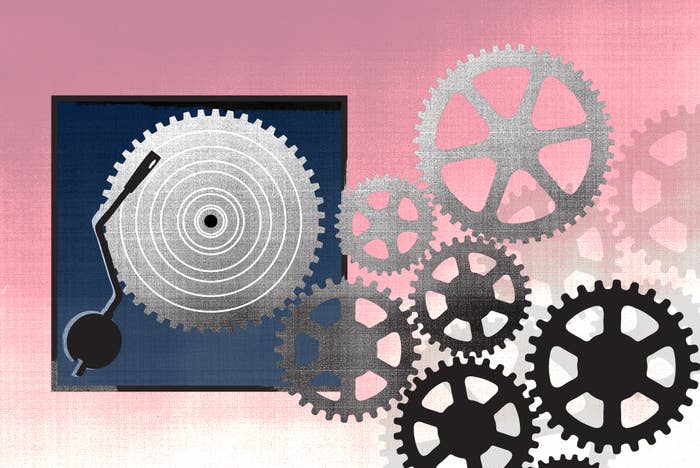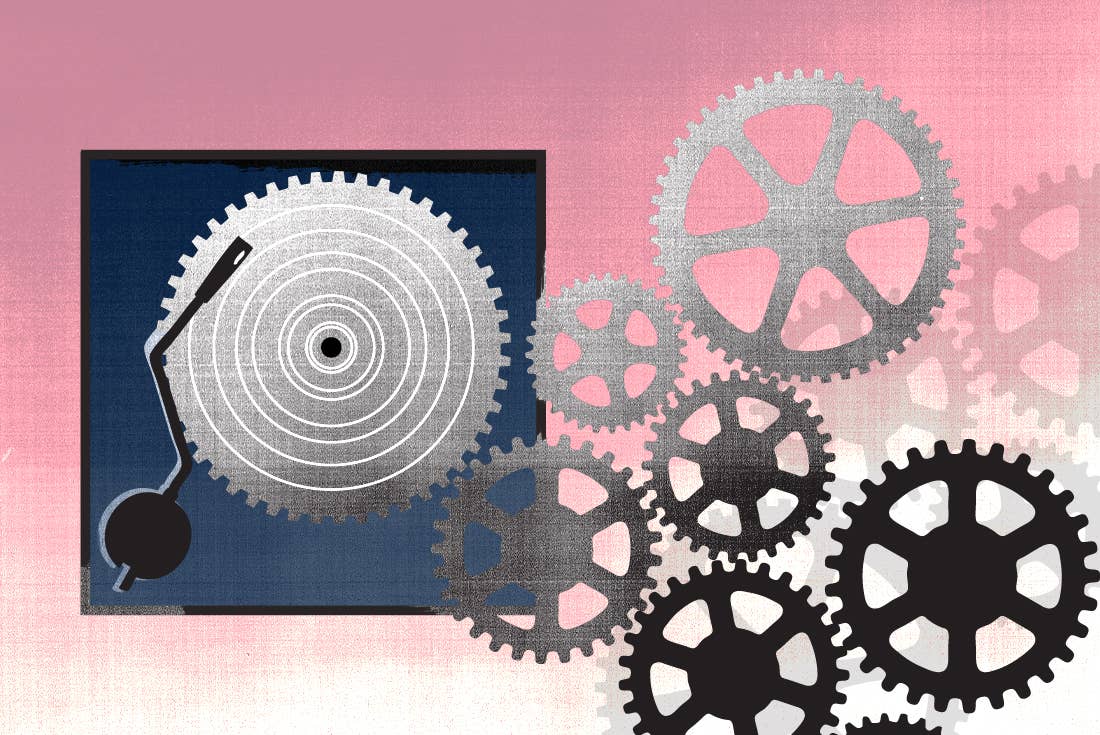
Much fretting about the release of two new Frank Ocean albums last month concerned their business implications. On August 19, Endless appeared—a single-track “visual album,” a surprise release in line with the marketing strategies of our time. It premiered (and currently lives) exclusively on Apple Music, a streaming service not to be confused with the iTunes Store, where it remains unavailable for sale.
The next day, Endless was followed by Blonde, a “real album” with honest-to-god track breaks—an Apple exclusive at first, but one that could be purchased and has since spread to otherstreaming services.
A narrative emerged: Endless had fulfilled Ocean’s contract with Def Jam, a major label imprint under the Universal Music Group. Blonde, in turn, was an independent self-release. In a single week, the “real album” netted over a two million dollars. Endless netted… well, nothing, because it’s still not for sale. Had Frank Ocean found a loophole in the music industry?
“How savvy,” cried the press! How sneaky! A game changer, if there ever was one. Ocean—alongside Chance The Rapper, who released his much-adored Coloring Book with zero label backing—have provided fresh examples that big albums no longer need the support of a major label to make an impact. Hell, they might not need a label at all.
But the money has to come from somewhere. In 2016, artists are making deals directly with tech companies. We still don’t know much about what these deals look like—how much they pay, how rough the terms might be—but we definitely know that major labels have yet to pull rank on these new income streams.
Yes, Universal reacted to the Frank Ocean release by “banning” exclusives with the streaming services, but would they really say no to their biggest stars, especially when they can jump ship and do their own deals? Would Columbia, itself a subsidiary of Sony, try to force Beyoncé, their most successful artist right now, to not release albums and videos exclusively to Tidal? I’m sure they want to, but they don’t have enough power anymore.
Why would an artist sign with a label at this point? In a series of interviews with industry veterans and tastemakers, we heard again and again that, beyond helping to fund a lifestyle where it’s feasible to record music as a job, the biggest reasons left to sign with a label are distribution, radio promotion and good old-fashioned connections.
Yet return to Frank Ocean, and you’ll see that distribution is a tenuous perk at best. If physical copies are dying out, multi-decade connections to retailers and manufacturers mean very little. Radio, on the other hand, makes hits even when you don’t listen to it. It’s still a world where connections matter more than originality, and a scan of the top twenty songs on the Billboard Hot 100 finds no artists who aren’t either signed to or distributed by a major label.
It’s near impossible to break through without the help of label professionals who already live on the other side. They’re the ones who get calls returned from television bookers. They’re the ones who can get an artist nominated for awards or played on the radio twice an hour. Their power may be reduced, but is it disappearing completely? Frank Ocean might provide a new model, but it’s not the only path to success.
Let’s let the experts explain.

